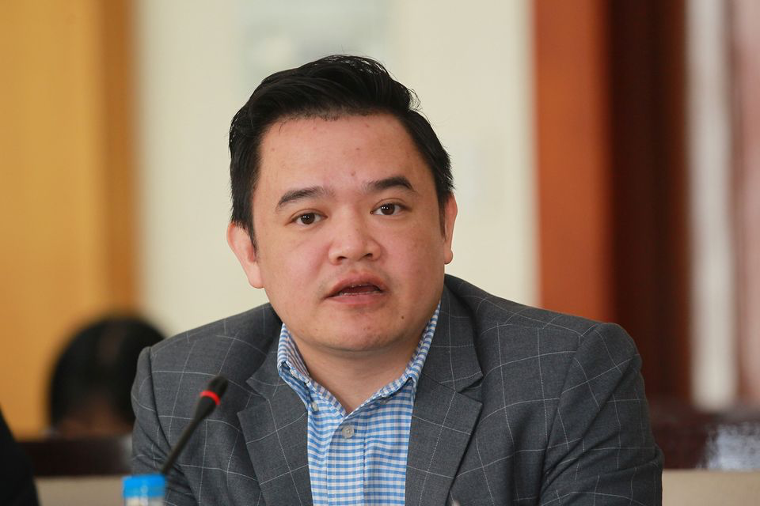The rapidly increasing number of franchisees in many sectors will go against the core principle of a standard franchise model. This issue causes many legal risks to the development of franchise in Vietnam.
With the development of e-commerce, new investment channels have appeared. They are becoming more diverse and more attractive to investors when traditional investment channels – investing in stocks or investing in gold – are no longer their preferred choice.
However, due to the complicated controls in e-commerce, these new channels of investments can bring high latent risks and negative consequences for investors.
In particular, the business of non-border e-commerce goods brings many benefits but also has many latent risks of infringement of intellectual property rights when exporting goods to another country, even in Vietnam.
Currently, some companies take advantage of e-commerce trading floors to focus on selling infringing goods of intellectual property such as trademarked products, copyrighted products.
“Agreements in force, such as CPTPP and EVFTA, will develop the enforcement of intellectual property, which will focus on handling criminal acts of infringement of intellectual property“, Lawyer Pham Duy Khuong, ASL LAW’s Managing Director, affirmed at the Seminar “New Normal – Finding effective investment channels” organized by the Investment Newspaper this morning.
Alternatively, in the franchise chain, Mr Khuong said that there are many business models known as “franchising” are developing rapidly. The rapidly increasing number of franchisees is reflecting this business model development. Franchise models are usually about food and beverage, fast food, hotels, restaurants, cosmetics, beauty services, and education.
The way these franchise models work is against the core principle of a standard franchise model.
The risks may be that the franchisor’s business model is new which has not proven to be successful, has no experience in dealing with the crisis, has lax contract terms, and cannot be considered a concession contract commercial rights.
“These are latent legal which can dispute in the future. Because of the above reasons, the franchisee will face many legal risks in case the franchisor stops its operation as well as having problems in the operation process”, Mr Khuong shared.
One example is the act of using dirty oil of Chang Guann Company (Taiwan), franchisee of Breadtalk (Singapore’s bread brand) in Hong Kong, which published on an online newspaper.
Immediately, the entire Breadtalk system in all countries in the region was affected, even though they still apply the proper food safety and hygiene standards, and they are not related to Chang Guann.
This story raises the question of how to manage problems when franchising across all levels? Alternatively, the recent dirty oil cases are a significant example of how direct or indirect franchisees of Breadtalk, Starbucks, 7-Eleven choose local suppliers.
Besides the risks in the supply chain from input to output when serving customers, there are entirely objective risks due to the diversity of cultural and social values by geographic area, which leads to different perceptions about the meaning and message of the promotion programs.
For example, in December 2012, the franchisee of Gloria Jeans Coffees Vietnam posted a promotion for women with a height of 1.65 m.
Within 2 hours after the franchisee posted this program on Facebook in Vietnam, Australian franchise Gloria Jeans Coffees International received emails and phone calls from the press and customers in Vietnam and Asia-Pacific region about this “stigma promotion”. Soon after, the franchisor suspended the program, and the holding company had to apologize to the customers. In 2017, this foreign coffee shop chain had to leave Vietnam quietly.
However, franchise experts say that the franchise model of international companies entering Vietnam has a higher attraction than the domestic one. Since global companies have a standard working procedure and have a relatively long development period, they only come to Vietnam to integrate with Vietnamese practices and cultures.
Meanwhile, most Vietnamese companies are small and medium-sized. They have not yet built a business process, so standardization is still tricky. Therefore, the franchise’s market share is currently leaning towards foreign companies.
ASL LAW is the legal expert of franchise in Vietnam. If you need any inquiry, please contact us.

 Tiếng Việt
Tiếng Việt 中文 (中国)
中文 (中国) 日本語
日本語

